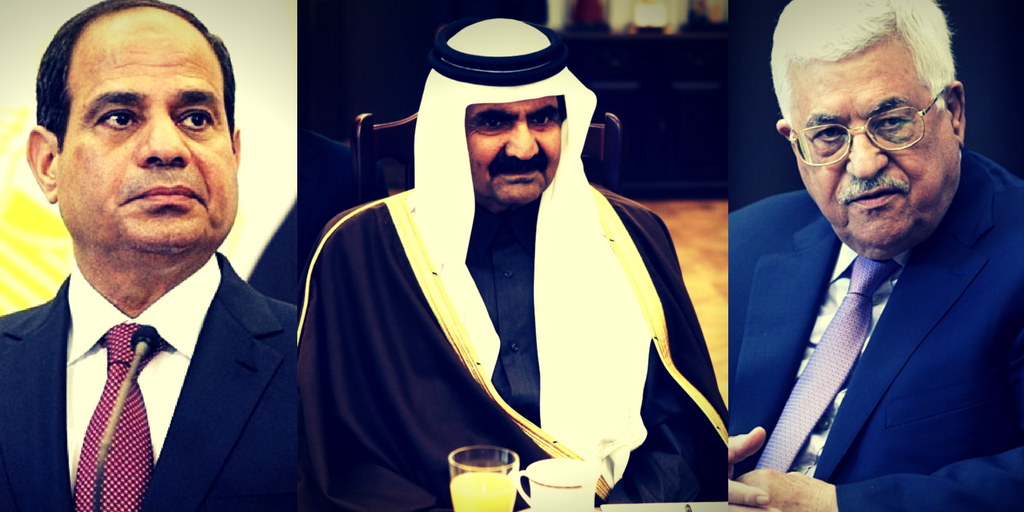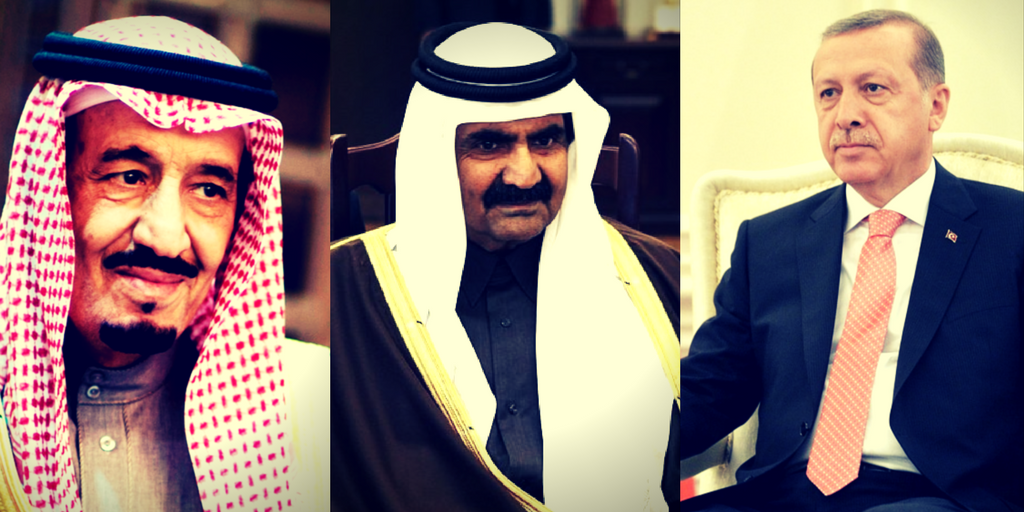Mahmoud Abbas, the perpetual leader of the Palestinian Authority is set to meet with Egyptian President Abdel-Fattah al-Sissi on Sunday. The meeting comes at a time of increased uncertainty for both Abbas and the future of his Fatah movement as it attempts to show a more moderate face by putting the screws on Hamas.
For Hamas’ part, it hopes that continued negotiations with the Sisi government will result in a permanent reopening of the Rafiah crossing between Gaza and Egyptian controlled Sinai.
Since the the crisis between Saudi Arabia and Qatar began and the 48 hour extension given by Saudi Arabia to Qatar winds down, Hamas has been busy attempting to find another avenue to bring in goods. Qatar has been their biggest backer, but the feud between the Saudis and Qatar is making Hamas’ future far more tenuous.
Why Does Egypt Want to Help Hamas?
Sisi’s meeting with Hamas leadership was not about saving the movement, but rather preventing an armed conflict between Hamas and Israel. A cornered Hamas is a dangerous Hamas and Sisi would rather have the leaders owe him than play by their own rules.
This may seem like a dangerous strategy as well as in opposition to the Saudi line against Qatar as it throws a bone to a movement which is sinking fast. Yet, part of the strategy by Sisi and most assuredly Israel is to keep both Fatah, which is corrupt and Hamas, which is Jihadist weak and divided. Neither Egypt nor Israel can trust either movement to take over the reigns of the Palestinian cause. By leaving Gaza in the hands of a somewhat weakened Hamas while allowing the PA to rule over a small number of cities within Judea and Samaria the national movement for “Palestine” will continue to disintegrate.
The Saudis, Egyptians, and even the many of the Gulf States have concluded that the made up movement for the liberation of historic Palestine, which they had concocted over 50 years ago is doing far more damage to their own fortunes. Israel has only gotten stronger and the Palestinians far more obstinate and radical. By letting the Palestinians movement die slowly a new paradigm can arise that will be far more sustainable and prosperous for itself and the region.



